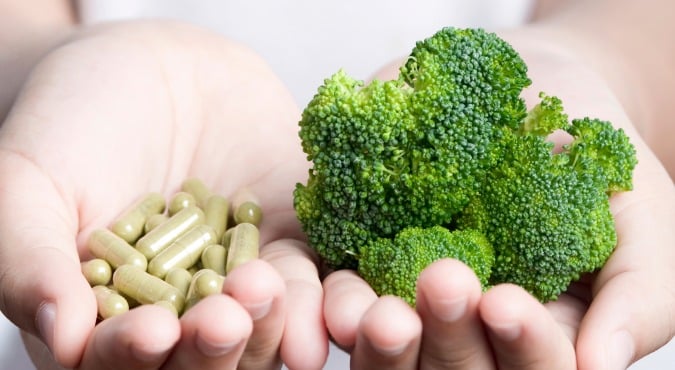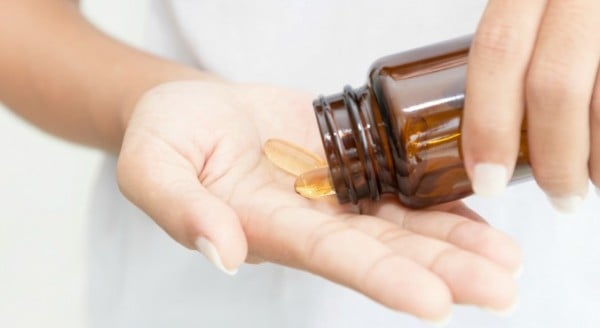
Image: iStock. By: Richard G ‘Bugs’ Stevens, University of Connecticut.
Based on commercials for nutritional supplements, or even a trip down the supermarket aisle, you might get the impression that your food just isn’t nutritious enough. Why just stick to eating fruits and veggies when you can get an extra boost from supplements that put good things like antioxidants into a handy pill?
And that seems like it should be a good idea. If the antioxidants that occur naturally in our food, like broccoli and carrots, are good for us, a supplement with the same thing must also be good. But that’s not quite true. (A great way to get more vitamins into your diet naturally is blitzed in smoothies. Post continues after video.)
Antioxidants can help stop damage to our cells.
Antioxidants are touted as protectors of our health because they eliminate free-radicals that damage molecules in cells and tissues by grabbing electrons from them, making those molecules, in turn, unstable.
This process can then snowball until a cell dies or even a whole organ collapses, such as in liver failure or heart failure. An antioxidant should stop the electron-grabbing radicals, and keep us healthy.


